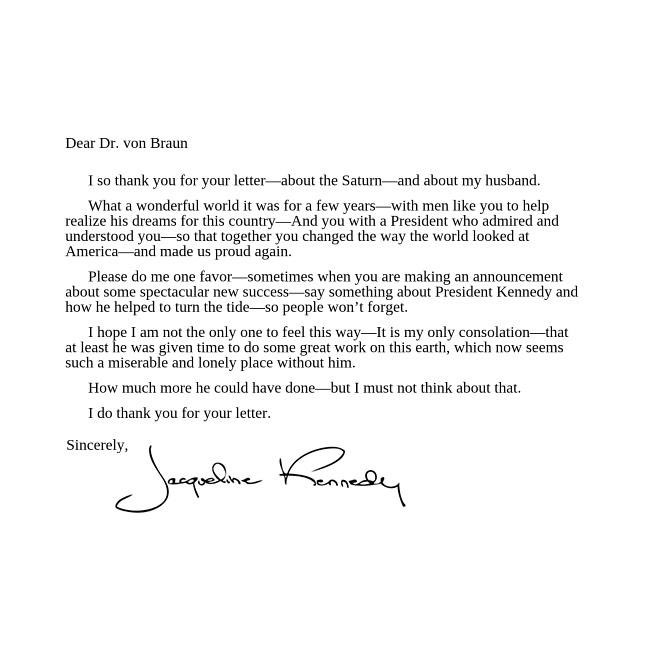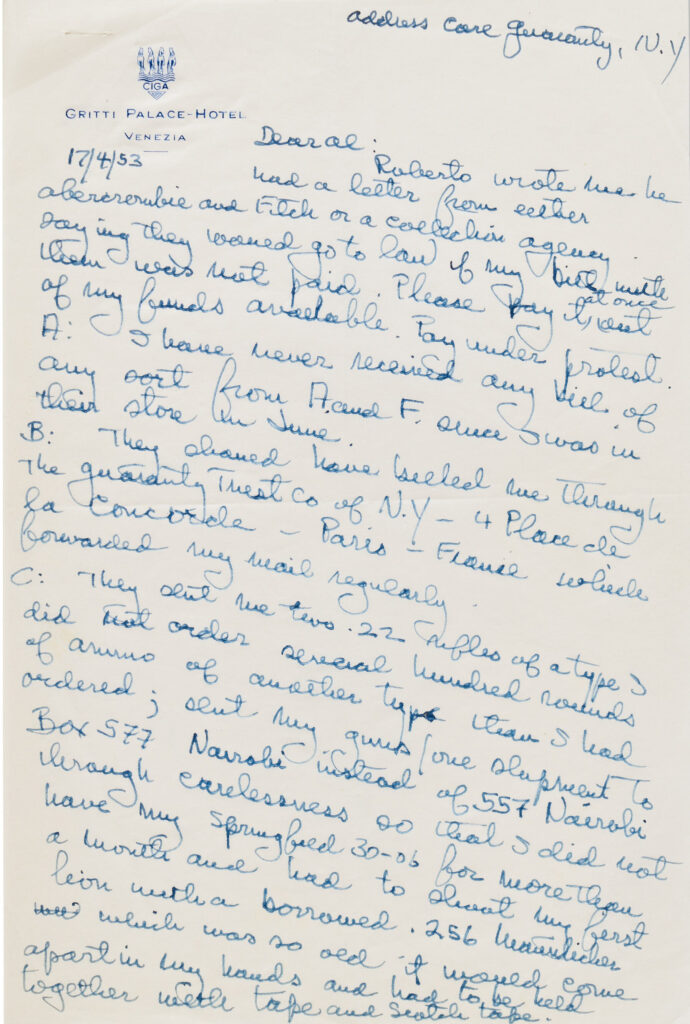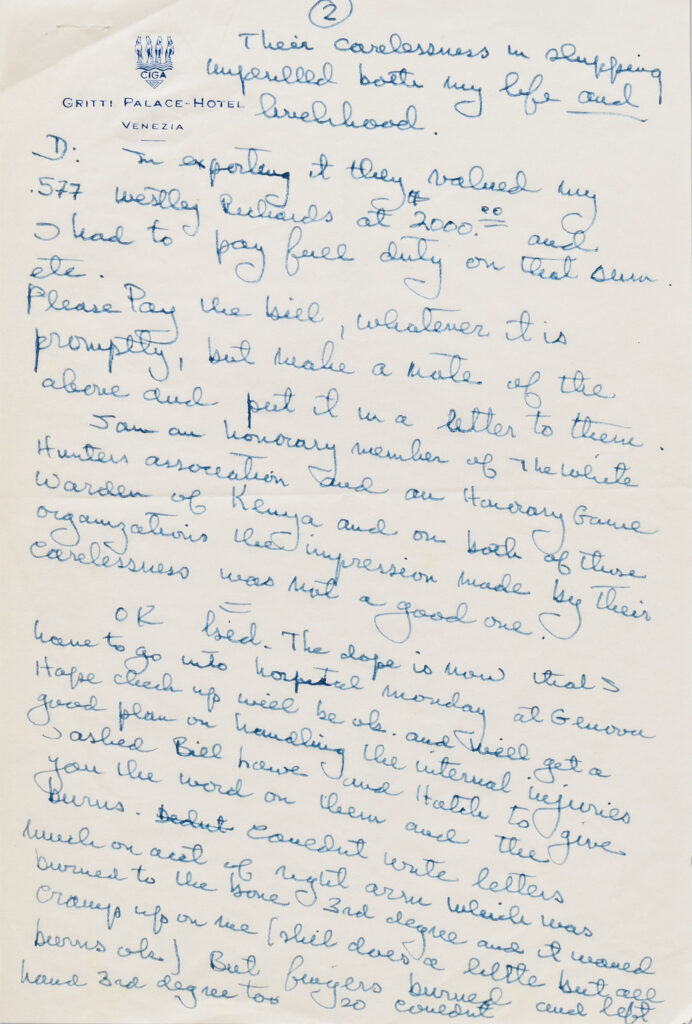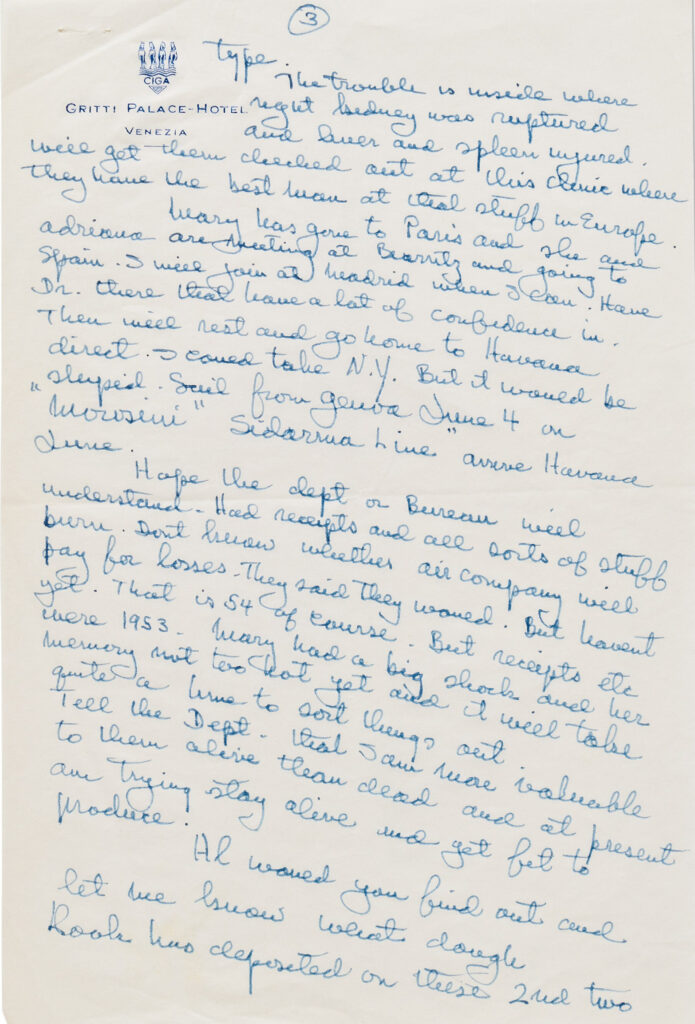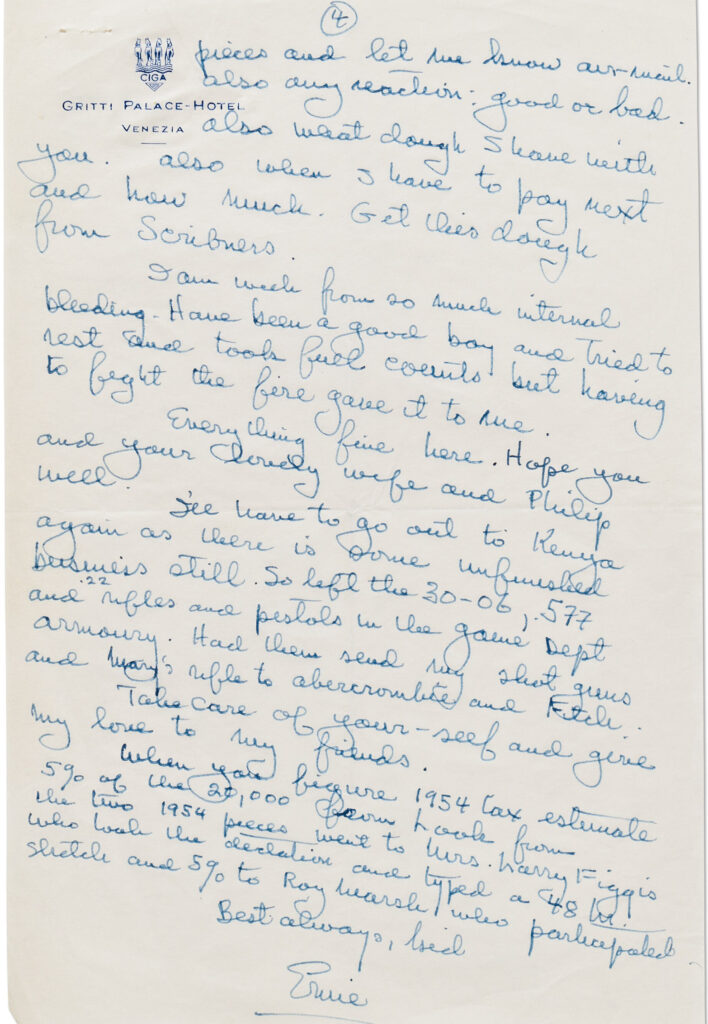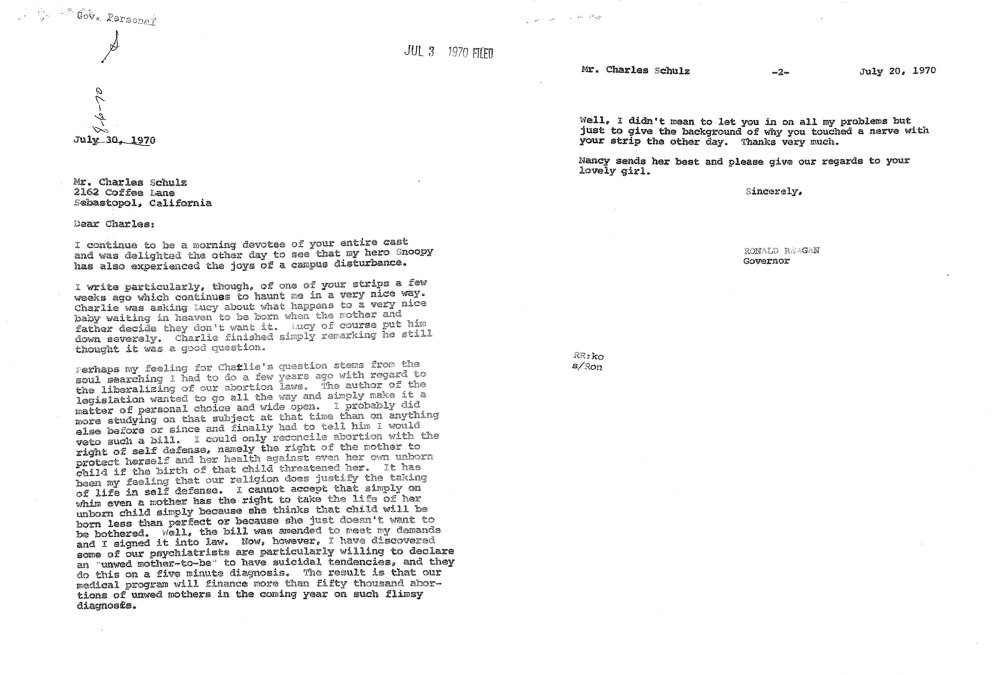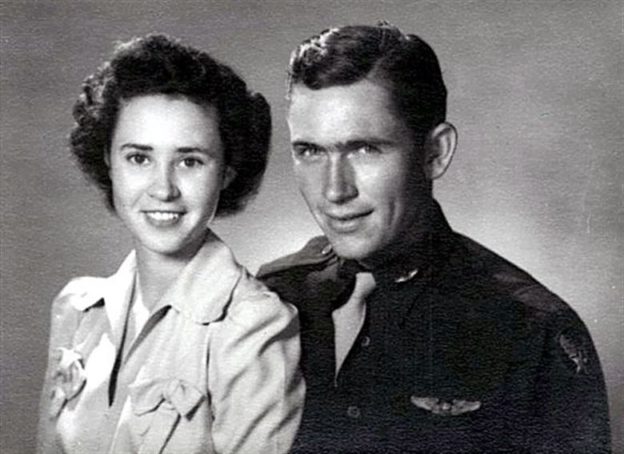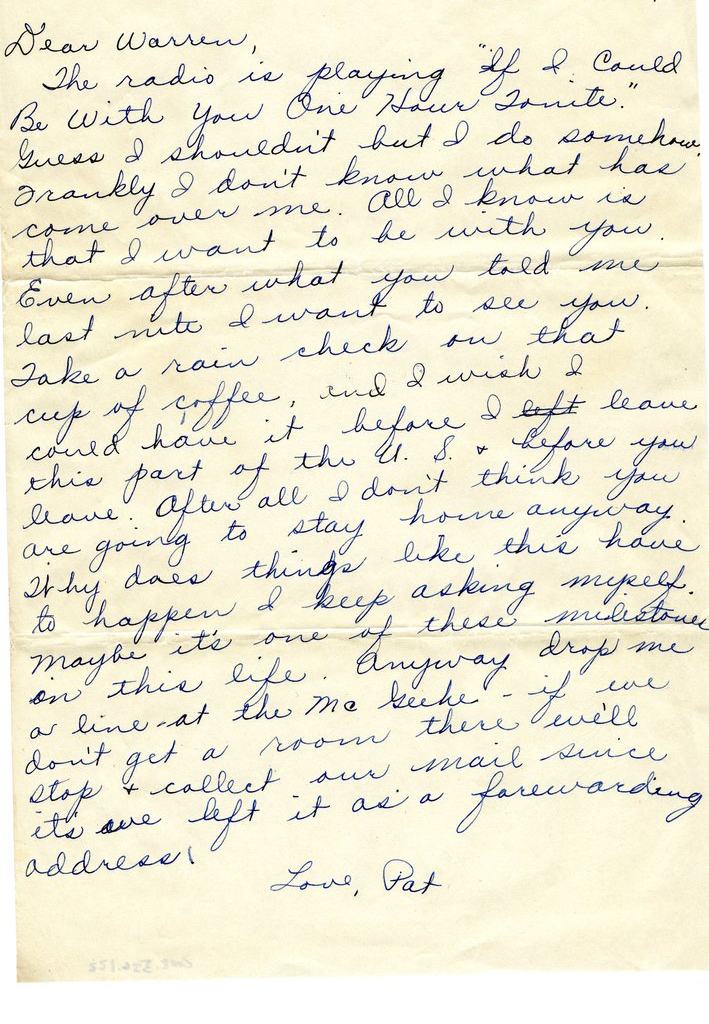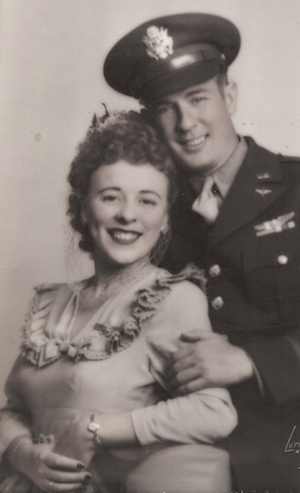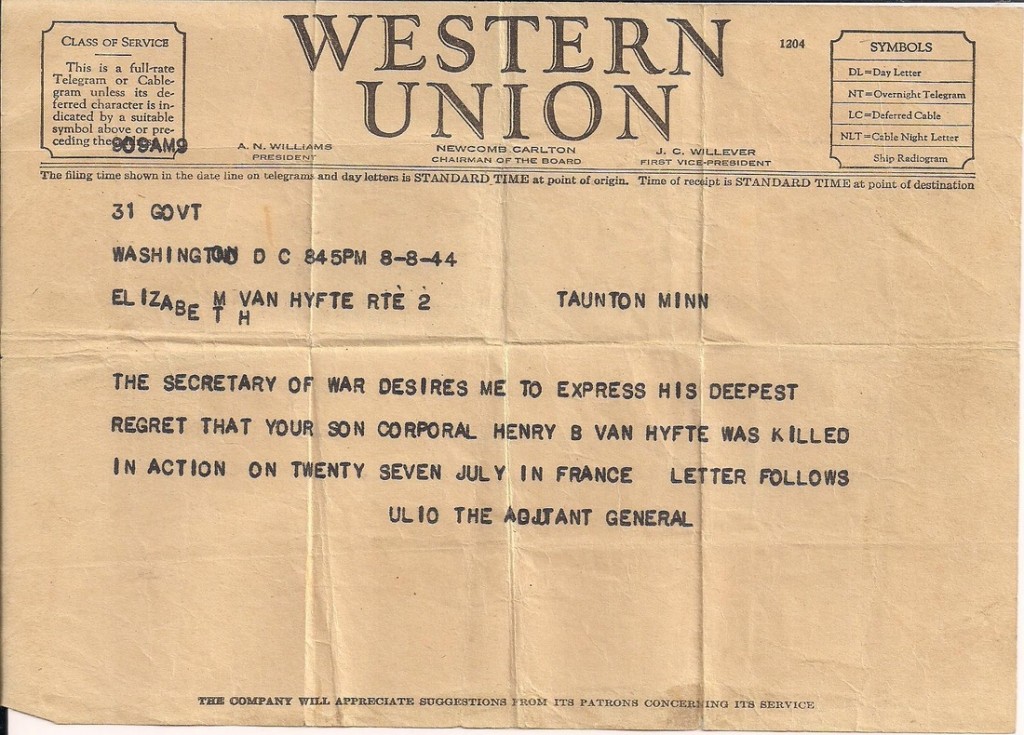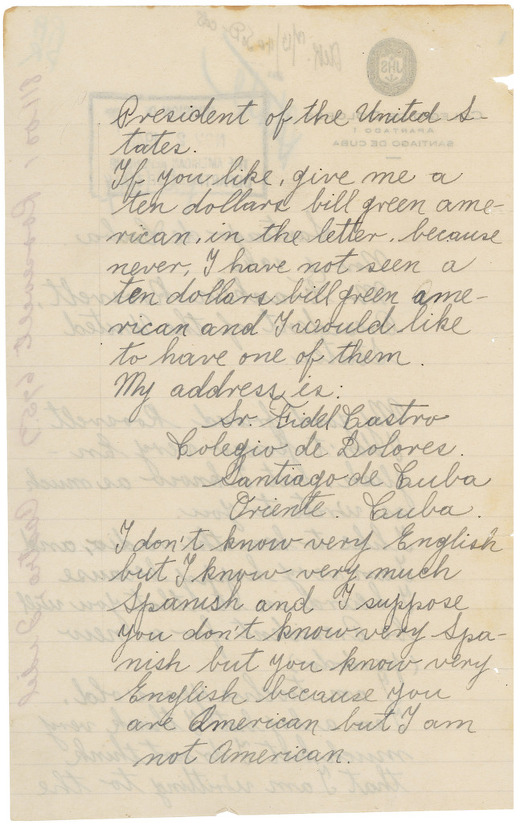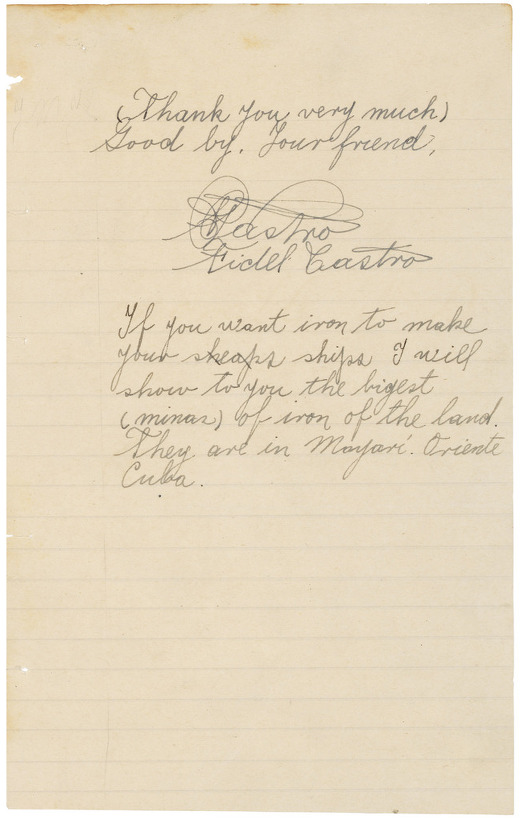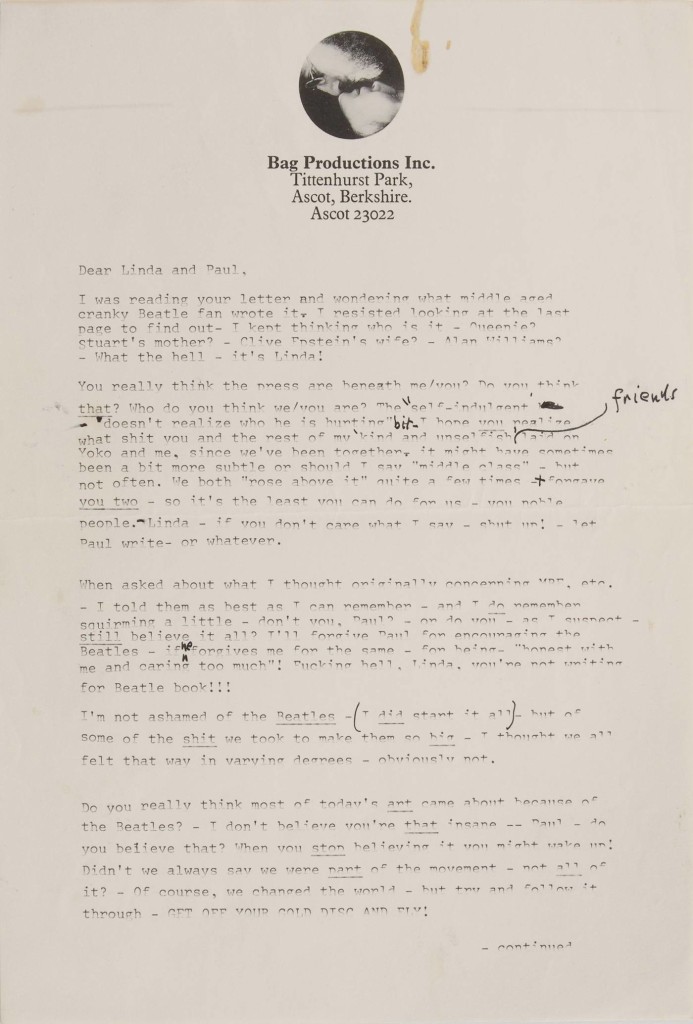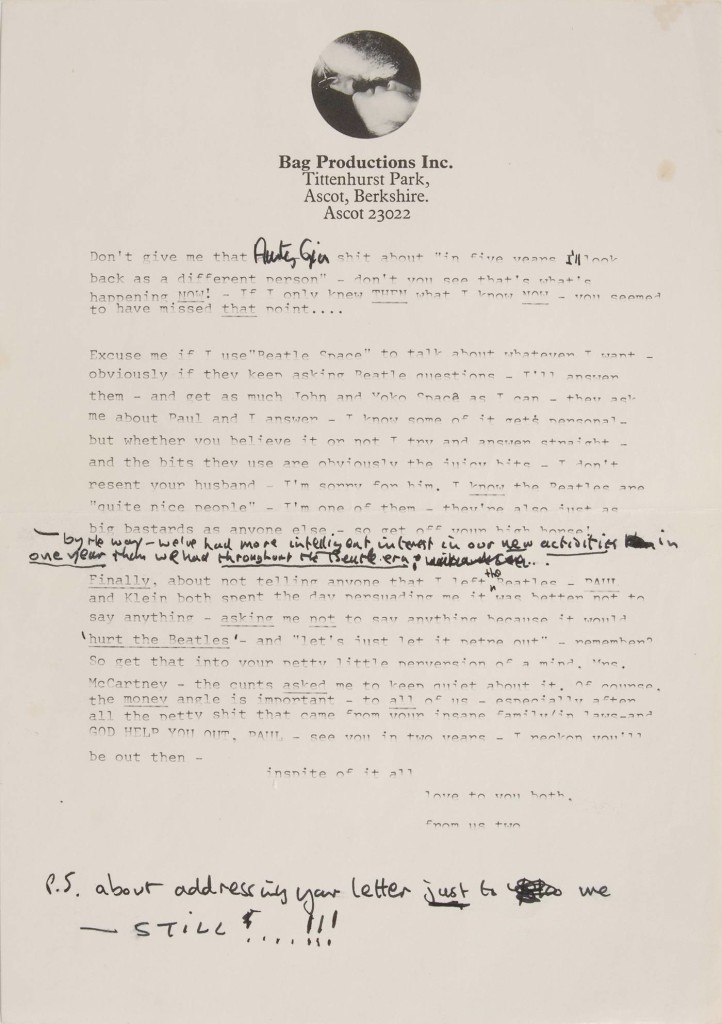This week, while watching an episode of the classic American TV sitcom “Leave It To Beaver”, I stumbled upon what one might call an “Easter Egg”.
In the episode “Her Idol”, first aired on November 6, 1958, the principal of Grant Avenue Grammar School, Mrs. Rayburn (played by Doris Packer) sends a typewritten complaint letter to Mr. Ward Cleaver (played by Hugh Beaumont). The letter appears on screen for only a brief moment, and Beaumont reads only the last line aloud. When the episode was aired, television resolution was so low that the audience could not have deciphered the letter. But with today’s high definition scans, it is possible (albeit with some difficulty).
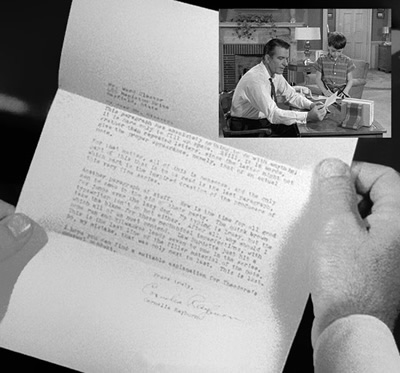
And as it turns out, one of the show’s writers (or maybe the props department) had a bit of fun here. The letter reads:
Mr. Ward Cleaver
485 Mapleton Drive
Mayfield, StateMy Dear Mr. Cleaver:
This paragraph has absolutely nothing to do with anything. It is here merely to fill up space. Still, it is words, rather than repeated letters, since the latter might not give the proper appearance, namely, that of an actual note.
For that matter, all of this is nonsense, and the only part of this that is to be read is the last paragraph, which part is the inspired creation of the producers of this very fine series.
Another paragraph of stuff. Now is the time for all good men to come to the aid of their party. The quick brown fox jumps over the lazy dog. My typing is lousy, but the typewriter isn’t so hot either. After all, why should I take the blame for these mechanical imperfections, with which all of us must contend. Lew Burdette just hit a home run and Milwaukee leads seven to one in the series. This is the last line of the filler material of the note. No, my mistake, that was only the next to last. This is last.
I hope you can find a suitable explanation for Theodore’s unusual conduct.
Yours truly,
Cornelia Rayburn
Two things of note:
“Mayfield” is a fictional American small town, and the show never disclosed the state it was located in. Hence there is no such reference in the letter’s address section.

Lew Burdette (November 22, 1926 – February 6, 2007) was of course a very real person – a very famous Major League Baseball pitcher who played primarily for the Boston / Milwaukee Braves. He was considered the most valuable player of the 1957 World Series, leading the franchise to its first championship in 43 years, and the only title in Milwaukee history. So as it happens, the reference to Burdette and the second game of the World Series allows us to date the letter: it appears to have been typed in the early afternoon of Thursday, October 2, 1958.
On that day, beginning at 1:00 PM Central Time, the Milwaukee Braves played the New York Yankees at County Stadium in Milwaukee, Wisconsin. It was the 2nd game of the World Series. There, during the first inning, with the Braves already leading 4-1, Burdette scored a three-run homer, bringing the tally to 7-1. The Milwaukee Braves ended up winning Game 2, but in a reversal from 1957, the Yankees defeated the Braves in seven games to win their 18th title, and their seventh in 10 years.


